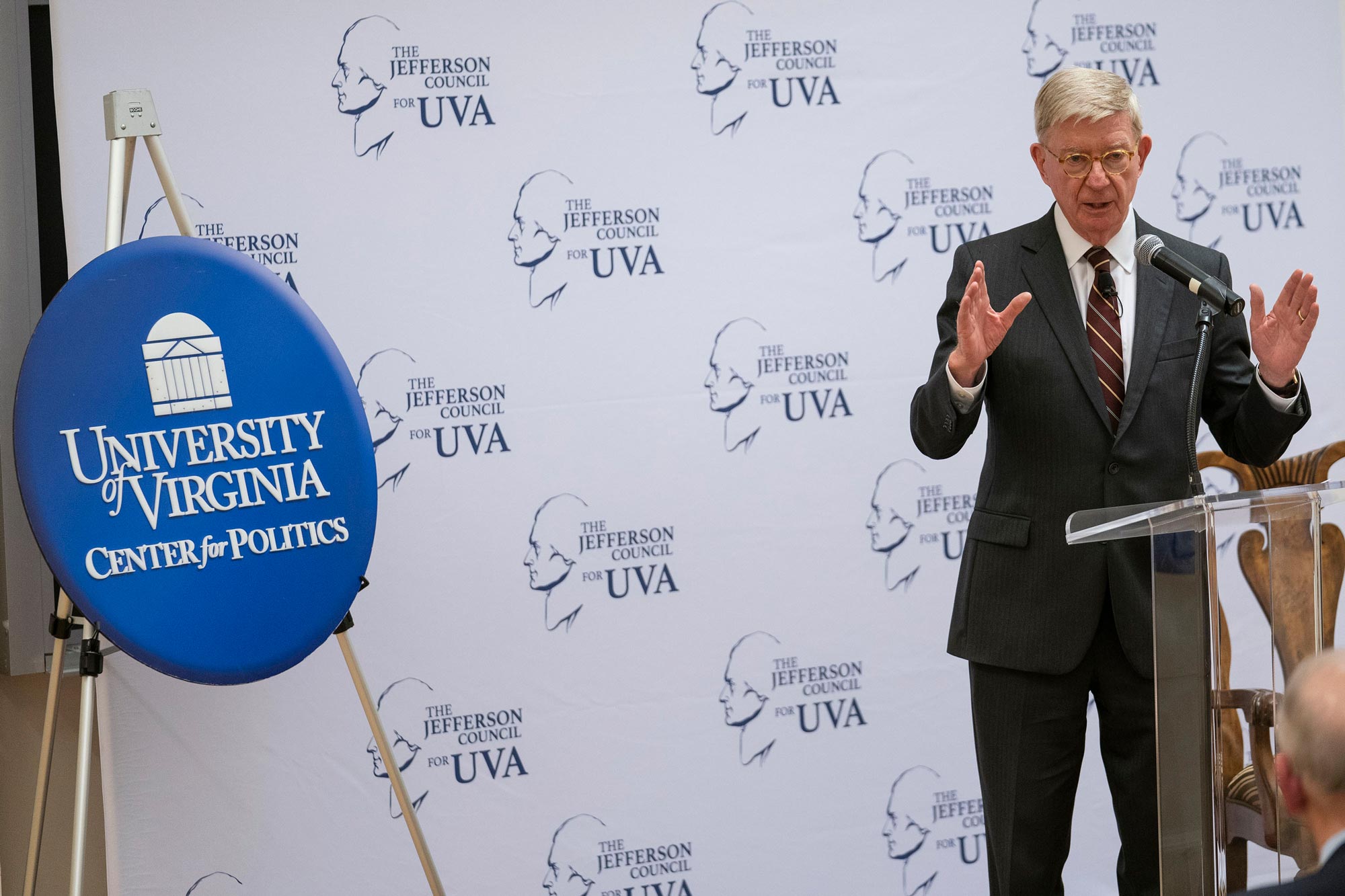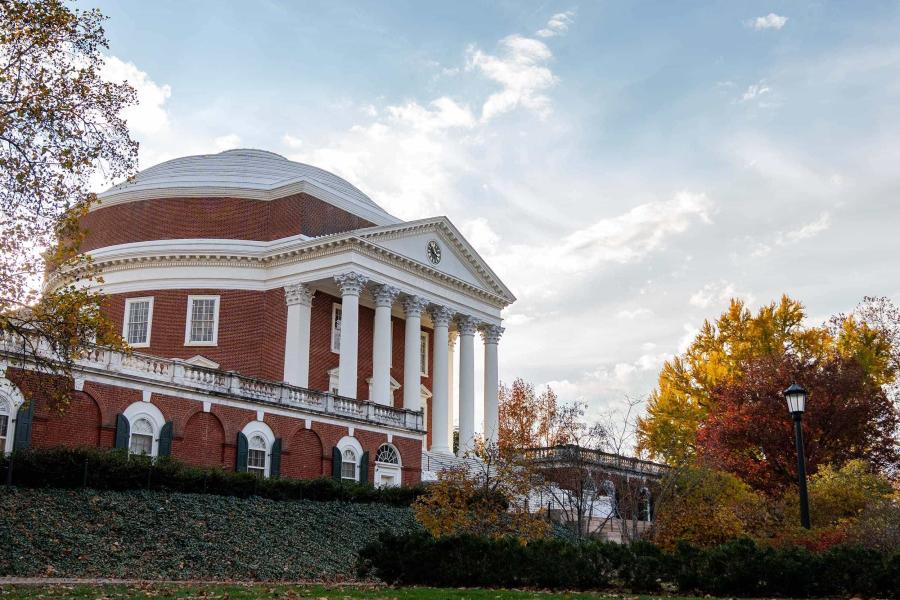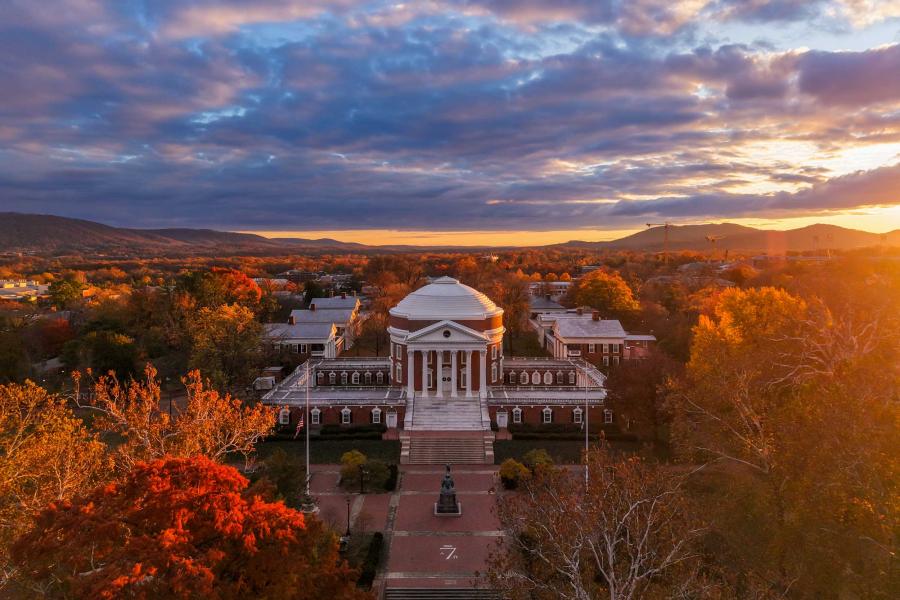Opening college campuses to more robust free speech and respecting the First Amendment would create a freer society, Pulitzer Prize-winning conservative newspaper columnist George Will told a University of Virginia audience Tuesday evening.
But, Will told the packed Minor Hall Auditorium audience, efforts to control people by controlling culture are challenging the future of universities.
“I believe that the great research universities in the Western world are the finest ornaments of Western civilization. They evolved precariously through 800 years of classical and political thickets, fending off interference. Their magnificent legacy can, however, be squandered in a generation,” he said. “They can fall under the control of people who are unsympathetic, even hostile to the university’s noble and timeless mission: free and fearless inquiry and disputation.”
The appearance was co-sponsored by the Jefferson Council and the UVA Center for Politics.
Will suggested that many universities are curtailing dissenting opinions because some students “are haunted by an exaggerated sense of the harms, from which they think they need protection.”
He said he believes those who would silence contrary opinions likely believe human beings are molded by the culture, rather than having inalienable rights and molding culture themselves. If the culture controls the people, he said, it is necessary to control the culture.
“What if human beings are merely creatures that take whatever shape is imposed by them?” he said. “If so, then controlling the culture becomes imperative. And politics must saturate every nook and cranny of life. And this saturation will inevitably mean controlling what people say and hear, read, think and teach.”
That leads to the idea that everything in society impacts everyone’s self-interest and that people need to be protected, he said.





